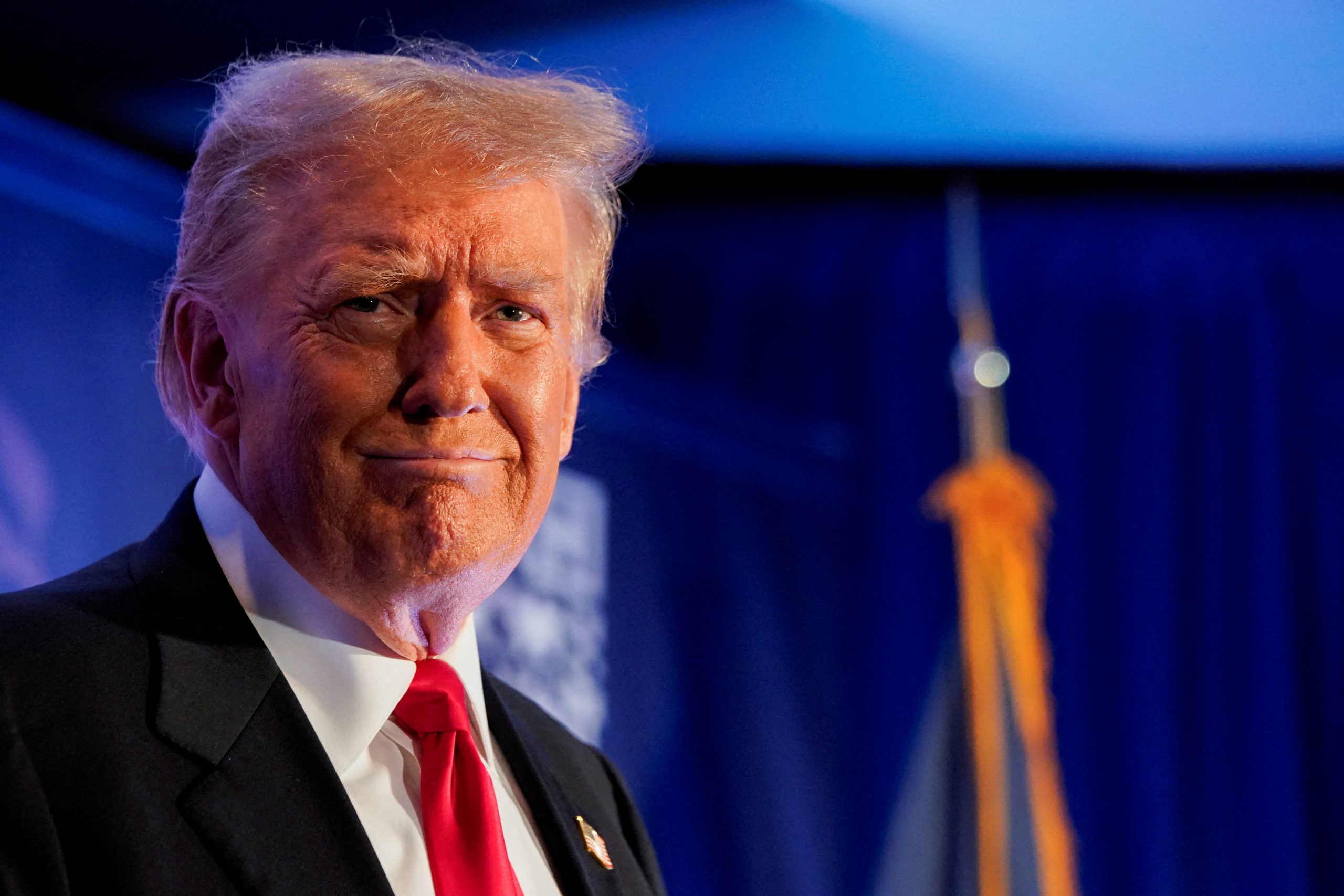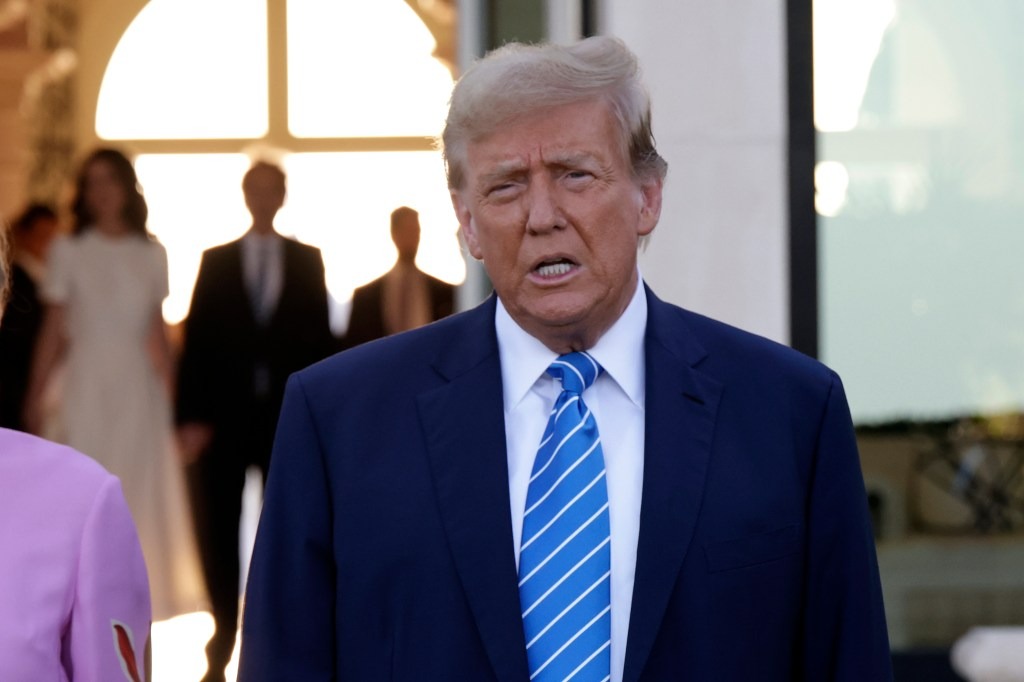O.J. Simpson, one of the most celebrated football players turned actors, passed away at the age of 76 after battling prostate cancer. His legacy remains complex, as he was famously acquitted of the double murder of his ex-wife and her friend, a trial that captured the nation and revealed deep divides along racial lines.
The evidence presented during Simpson’s trial seemed damning, with bloody footprints matching his size found at the crime scene, along with blood drops matching his DNA and a glove similar to one owned by his ex-wife.

However, the verdict on October 3, 1995, divided the nation along racial lines, with most Black Americans celebrating his acquittal while many white Americans denounced it as a miscarriage of justice.
The trial itself was marred by imperfections, including the judge’s loss of control in the courtroom and the perceived ineptitude of the prosecutors, Marcia Clark and Christopher Darden.
Parallels have been drawn between Simpson’s case and the legal battles faced by former President Donald Trump. Both cases have polarized the public, with Democrats believing in Trump’s guilt and Republicans alleging political conspiracy.
In recent times, there has been a growing distrust in the justice system, fueled by concerns of sexism, racism, and partisan politics. The nonprofit Innocence Project has been instrumental in exonerating wrongfully convicted individuals, highlighting systemic issues within the criminal justice system, particularly concerning racial disparities.

As Trump faces legal scrutiny, particularly regarding his attempts to overturn the 2020 election and concealing payments to a porn actress, questions arise about whether the rich and powerful are truly held accountable by the law.
Despite overwhelming evidence against him, Trump’s acquittal could further erode public trust in the justice system, echoing the sentiments surrounding Simpson’s trial.
The parallels between Simpson and Trump serve as a stark reminder of the problems within the legal system and the challenges of holding individuals accountable, regardless of their status or influence.


